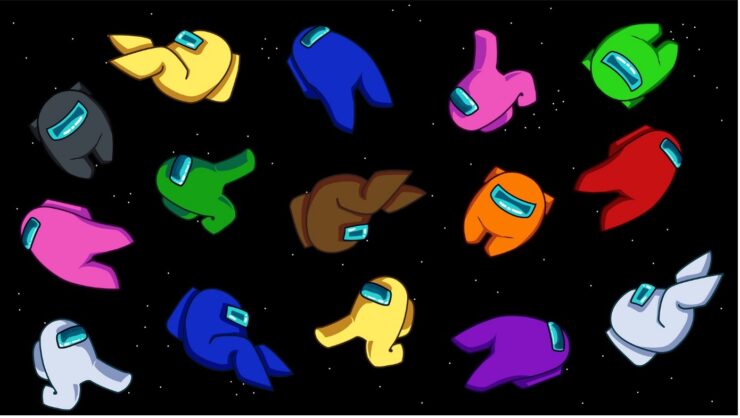Documentation
“Modding Video Games as the Invention and Intervention of Technological Imaginaries” – Pauline Munnich

During the seminar “Collaboration and Dissensus in the Experimental Arts and Innovation Policy”, Michael Century discussed how intersections between art and cultural institutions, federal government agencies, and university departments created artistic inventions and critical interventions in the emerging imaginaries of digital culture. Through experiments, artists and scientists sought to explore what new technologies could offer in the arts (Century, 2022). As the seminar mostly focused on the period of the 1960s to the early 1990s, it made me think about how we currently critically intervene and shape technologies as well as their imaginaries. Can we still observe forms of experimentation taking place in other fields than the arts or government-led projects?
With the rise of the internet, we see that people have become not just consumers of content; they simultaneously tend to produce their own, making them prosumers (Dickel and Schrape, 2017; Glas, 2012). Video games, in particular, have been noted to be malleable, functioning as an assemblage of players, avatars and objects, that through their engagement together determine the possibilities of play (Chin, 2017; Colin, 2015; Glas, 2012). Moreover, as Glas (2012) describes, on multiple levels video games function as battlefields of negotiations, as both the players and designers are stakeholders trying to gain and keep control, agency and ownership over what a game can be on multiple different levels.
One of the ways that players, for example, might be seen as engaging in the intervening of a video game and acting as prosumers is modding. Modding, shortened from modification, refers to people creating modifications to video games, often by adding or manipulating content and code, allowing players to alter the game however they would like. An interesting case study of these more intense forms of modding is Among Us, a mafia-inspired 4- to 15-player game that spiked in popularity at the beginning of COVID-19. In the game, players, called crewmates, find themselves on a spaceship (or other available maps) where they have to complete small mini-games as tasks. However, some of the players are assigned the role of the imposter, tasked with killing other players in order to win. Due to the lack of updates on the game, people started to create mods to keep the gameplay interesting, with some mods including new roles to be played and others new maps on which the gameplay could unfold. Others added new features to the game such as proximity-based voice chat, allowing people to hear each other in-game based on physical proximity.
Nevertheless, as can be seen with Among Us, mods do not offer radical ways of intervening with the original game, as they still remain battlefields of negotiation. Modders are still confined to the technological affordances and limitations of the original game version of the game and need to negotiate these new of playing the corporation that released the game originally, as they have the final say if a mod pushes it too far for their liking. Does this practice, thus, truly intervene in the technological imagination of what video games can be and does the constant negotiation with corporations limit these imaginations significantly compared to the initiatives undertaken by artists we discussed during the seminar? And what does this in general mean for using the internet as prosumers; how does our role as consumers and producers complicate the ways we can intervene with technological imaginations? Will the negotiations with corporations limit the ways we can change these imaginations compared to the experimental art practices we discussed during the seminar?
Works Cited
Century, Michael. 2022. “Chapter 1. An Episode of Light: Canada from 1967 to 1992.” In Northern Sparks: Innovation, Technology Policy and the Arts in Canada from Expo 67 to the Internet Age, 1-24. The MIT Press.
Chin, G. P. W. H. (2017). “Observed bodies and tool selves: kinaesthetic empathy and the videogame avatar.” Digital Creativity, 28(3): 206–223.
Colin, C. (2015). Exploring Videogames with Deleuze and Guattari. Routledge.
Dickel, Sasha and Jan-Felix Schrape. 2017. “The Logic of Digital Utopianism.”NanoEthics: Studies of New and Emerging Technologies, 11(1): 47-58.
Glass, René. 2012. Battlefields of negotiation: control, agency, and ownership in World of Warcraft, Amsterdam University Press.
Image credit: Innersloth / Among Us

